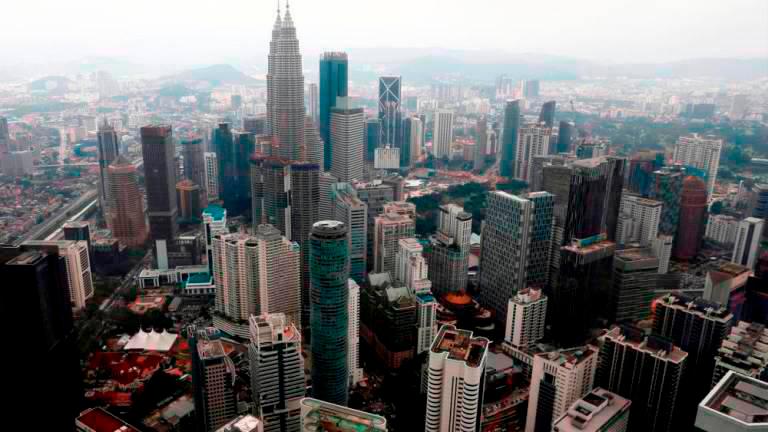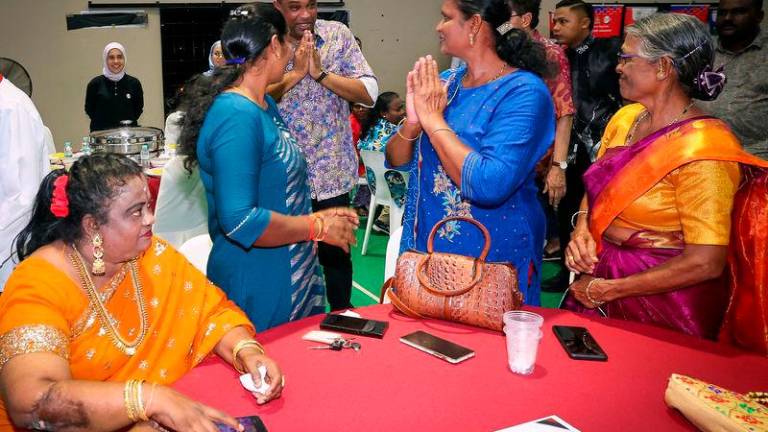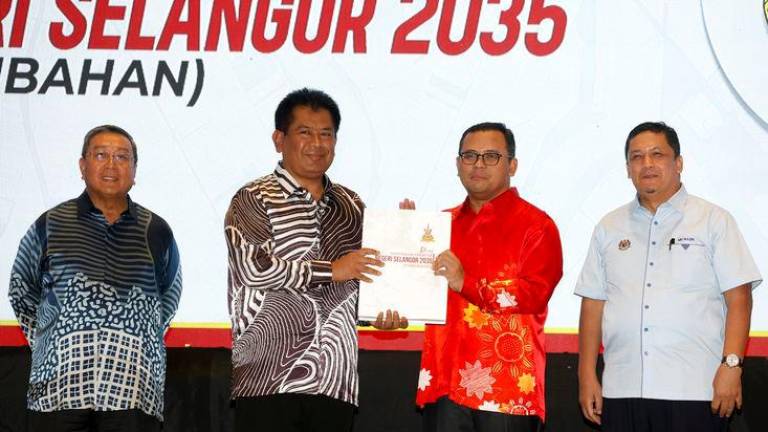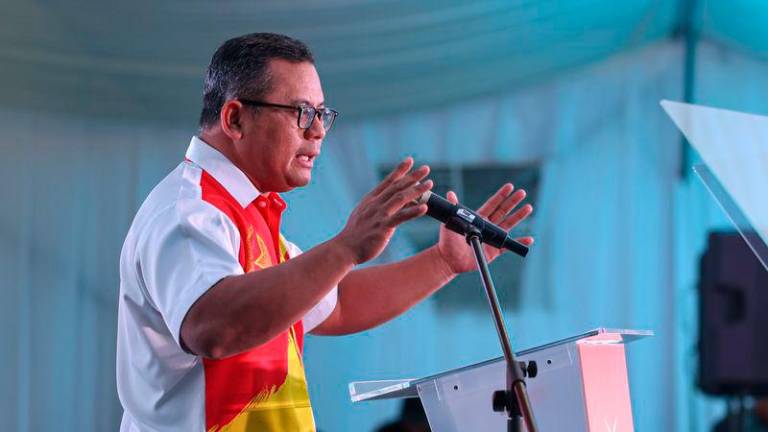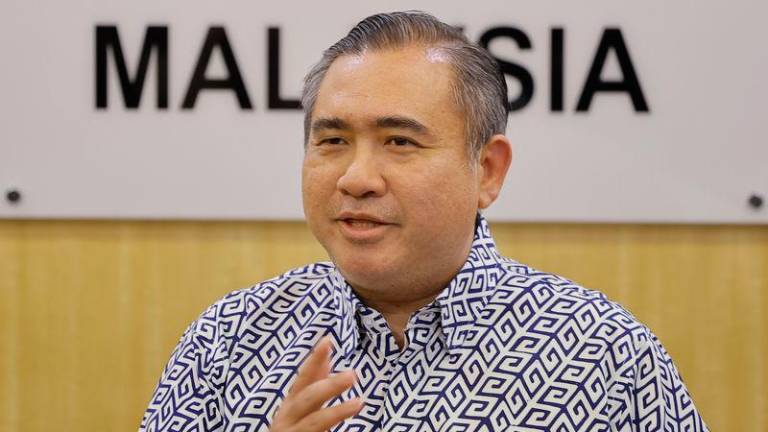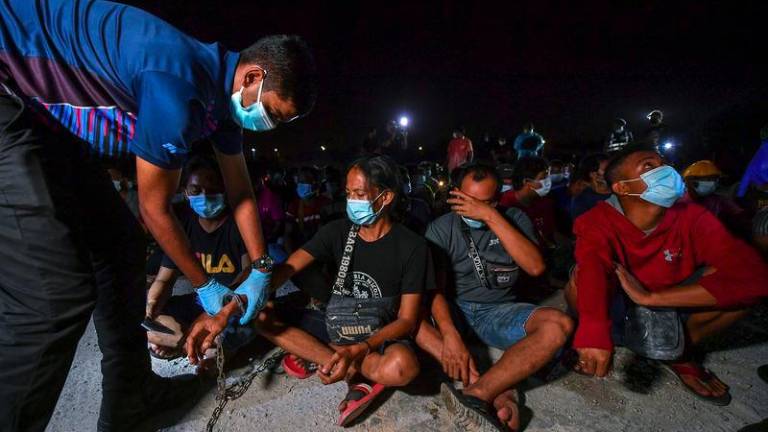KUALA LUMPUR: The 12th Malaysian Plan (12MP) unveiled by Prime Minister Datuk Seri Ismail Sabri Yaakob contains pragmatic targets which are achievable, clearly reflecting the government’s desire to pursue growth while continuing to safeguard the people’s welfare.
This is a practical and fine-balancing step that takes into account the financial constraints confronting the government as it fights to protect lives and grow the economy following the debilitating effects of the Covid-19 pandemic which now shows some signs of easing.
With Malaysians placing high hopes on the government to preserve lives and livelihoods, the bulk of the 12MP funding will continue to be spent on large infrastructure projects that have already taken off and emphasise on the development of hospitals and clinics.
That means there would be no new grandiose projects under 12MP.
This is why according to estimates among government circles, the bulk or 85 per cent of the RM400 billion funding for the 12MP would be allocated for the continuation of existing projects.
They include such large infrastructure projects with wide-ranging ancillary benefits such as the East Coast Rail Link (ECRL), Pan Borneo Highway and Johor Bahru-Singapore Rapid Transit System while 15 per cent would be on new projects.
Surely, this is a step in the right direction in checking finances given the current uncertainties, with the projection that the government’s financial position would hopefully improve by 2023.
Paying attention to ongoing infrastructure development will increase connectivity in land transport and spur increased domestic and foreign investments as well as generate new job opportunities.
What Ismail Sabri’s new administration has done is that rather than reinventing the wheel, they have strategised to grow the economic sector by first supporting the rakyat to get back on their feet.
A pertinent focus in the 12MP is strengthening growth catalysts, which translates to developing income streams in areas such as digitalisation under the Fourth Industrial Revolution.
Rather than by choice, this push for greater urgency has been forced upon Malaysians by the new norm to pursue digitalisation and online trading aggressively for their economic survival.
No less important is empowering micro, small and medium enterprises (MSMEs), for they are significant contributors to Gross Domestic Product and account for 60 per cent of total employment.
To highlight the importance of MSMEs, Ismail Sabri said they numbered 1.2 million as at 2020 comprising 97.2 per cent of total business establishments in the country.
At the end of 2019, some 7.3 million were employed by SMEs in Malaysia, which is why the government’s commitment to support them will come as a big relief for the many enterprises severely affected by the pandemic.
As such, the government’s thrust in supporting MSMEs is the right strategy in raising incomes among a wider section of the workers who comprise the B40 group.
There was no mention of the Goods and Services Tax (GST), which means businesses would not be financially burdened.
On its part, the government would be looking to raise income from new economic streams such as the digital economy.
Strategic sectors would also be prioritised in the 12MP including tourism, electrical and electronics, global services, aerospace as well as creative sectors and the gig economy, as well as setting up a Centre of Excellence for Future Industry in efforts to sustain growth.
No efforts must be spared in areas such as the implementation of the 5G network by the year-end to fulfil the government’s aim for the digital economy to contribute 25.5 per cent to GDP by 2025.
Otherwise, Malaysia will be left behind in an area it had a head start in the region with the launching of the Multimedia Super Corridor (MSC) in 1996.
The time has also come to lessen the dependence on foreign labour and labour-intensive industries.
As stated in the 12MP, Malaysia must bank on new technologies as well as set aside increased funds for research and development, innovation, smart farming, halal sector, biomass and green technologies.
These are pertinent measures as Malaysia has missed the boat in achieving an industrialised nation status by 2020 and the one-year delay in unveiling the 12MP.
Therefore, the immediate priority is to focus on getting the economy up and running and Malaysians back on their feet.
The COVID-19 pandemic has certainly taught a lesson to all and sundry including policymakers not to rest on past laurels but preserve to introduce changes for Malaysia to be competitive.
And competitiveness is a crucial prerequisite that has to be accompanied by productivity because without these two vital ingredients, Malaysia will get nowhere and, even worse, lag behind.
That can only be achieved by the combination of the government mobilising resources economically, increasing efficiency and the people’s industriousness, working together in a new norm.
Lest we have short memories, Malaysia is not out of the woods yet and Ismail Sabri has given the guarantee to cut bureaucracy to spur private sector investments as the engine of growth.
With global and regional economies beginning to pick up, Malaysia has to up the ante in liberalising businesses and step up regional cooperation especially with member states in the Regional Comprehensive Economic Partnership (RCEP).
For Malaysia’s economy to grow by between 4.5 and 5.5 per cent per annum in the 2021-25 period as projected in the 12MP, it is imperative that pro-growth policies are implemented expeditiously.
More importantly, monthly household income projected to increase to RM10,000 by 2025 must be premised on the quick and efficient execution of reforms outlined in the 12MP and Budget 2022 to be tabled next month.
The objectives of the 12MP, which contains three major themes, namely economic empowerment, environmental sustainability and social re-engineering, can only be achieved if all sections of society come together as a single unified force to take Malaysia forward.
It is that unity exhorted as a united family by Ismail Sabri which will decide whether we succeed in economic empowerment, new sources of growth, digital economy, integrated regional development, green technology and renewable energy.
What matters most in any plan, be it the 12MP or Budget 2022, is the coming together as one family to raise real household income, sharing resources equitably and joining our hands in pursuing a single-minded purpose and extracting ourselves out of the current health and economic crisis and ultimately improving the well-being of Malaysia and of all Malaysians.
-Bernama



